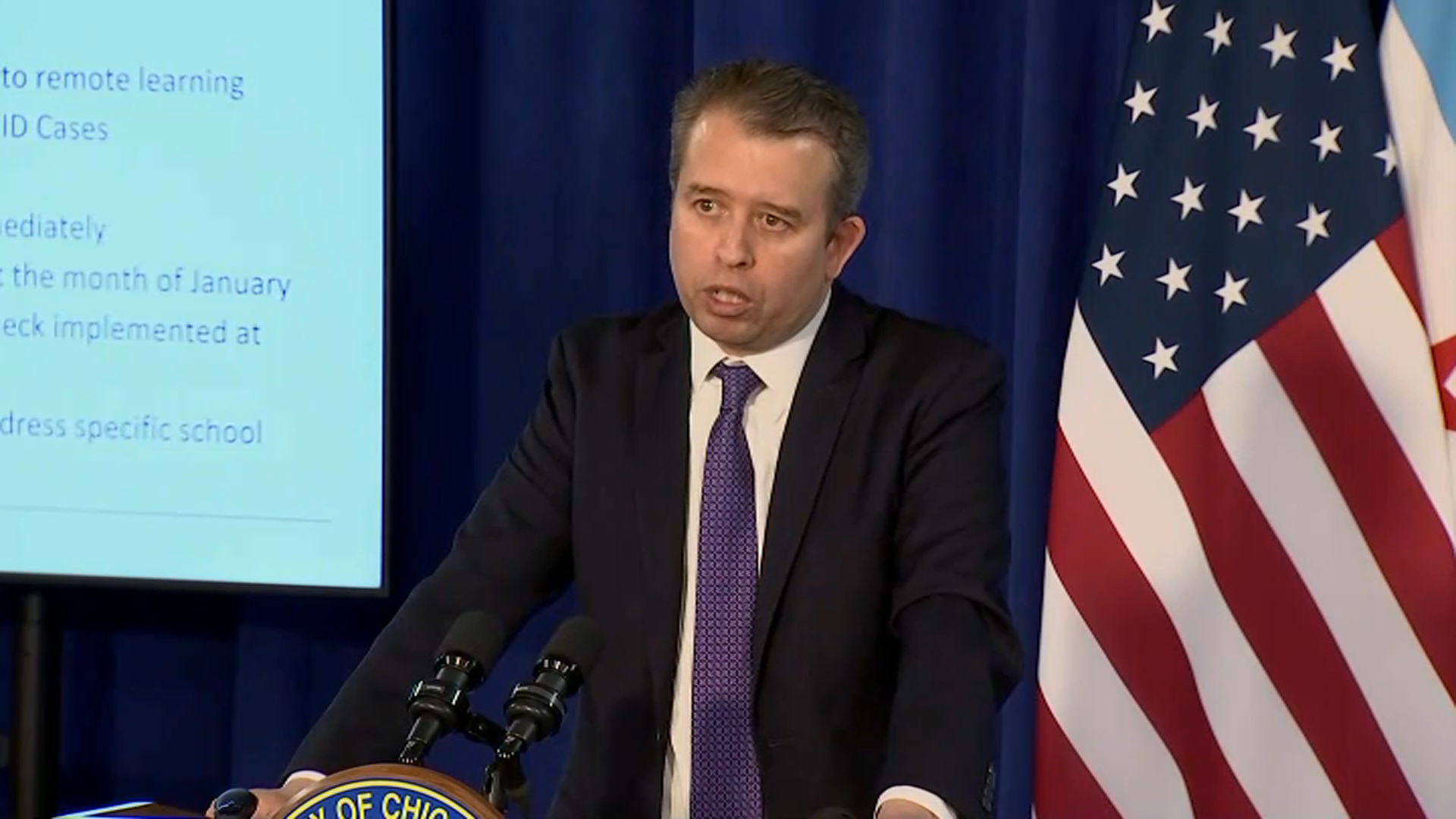K. Patrick Yarbrough still has a copy of his family’s Green Book.
“In the 60s, things had changed a great deal and then they hadn’t changed a great deal,” Yarbrough said.
He has vivid childhood memories of traveling to the south and seeing a big scary sign.
“It had a KKK member on a horse and it indicated that minorities should certainly leave this town before sundown,” Yarbrough told NBC 5.
For over 30 years, The Green Book was a lifeline for Black Americans who wanted to travel. Not only did it tell African-Americans where they were welcomed, but it also spotlighted thriving Black businesses across the country.
Yoruba Richen, a documentary filmmaker, says, “I think it’s really important to know the terror we faced on the roads, and not just in the south. It was all over the country.”
The Illinois Holocaust Museum’s new exhibition, “The Negro Motorist Green Book” documents why postal worker Victor Hugo Green created it. The first pamphlet published in 1936 focused on Harlem, where Green lived. Later editions included hotels, restaurants, gas stations and cultural attractions all over the country.
Local
Arielle Weininger, the museum’s Chief Curator of Collections and Exhibitions, explains, “We want to expand the amount of information people have about the Jim Crow era, about segregation in the United States, and see this incredible creative response of Black Americans.”
The Illinois Holocaust Museum’s mission is to explore social justice issues and human rights violations not just against Jewish people, but all people.
Feeling out of the loop? We'll catch you up on the Chicago news you need to know. Sign up for the weekly> Chicago Catch-Up newsletter.
“This is American history and it’s important that we learn it,” Kelley Szany, senior VP of Education and Exhibitions said.
Several Chicago businesses are also prominently featured in the exhibition.
“We hope by people coming and learning this history, that they will turn into more active engaged citizens and work for what is just and right in our society,“ Weininger said.



